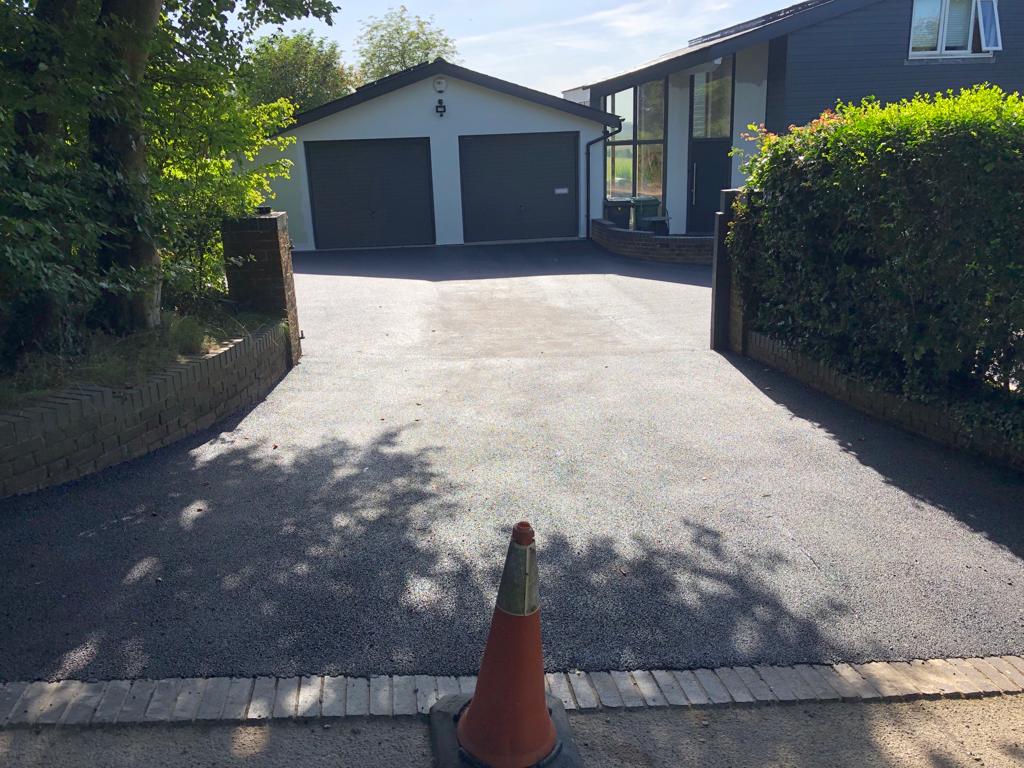Introduction: In road construction and maintenance, grading is the cornerstone of sustainable infrastructure development. From ensuring proper drainage to enhancing road longevity, grading plays a pivotal role in creating resilient and eco-friendly roadways. In this blog post, we’ll explore the importance of grading in road infrastructure and its contribution to sustainability efforts.
Efficient Water Management:
- Proper grading is essential for effective water management on roadways. By establishing a gentle slope along the road surface, grading facilitates the efficient drainage of rainwater, preventing pooling and minimising erosion risk. This proactive approach to water management reduces the likelihood of flooding, enhances road safety, and preserves the integrity of adjacent ecosystems.
Soil Stability and Erosion Control:
- Grading helps stabilise the soil beneath road surfaces, mitigating the effects of erosion and soil displacement. By compacting and contouring the underlying terrain, grading creates a solid foundation for road construction, reducing the risk of structural damage and maintaining road stability over time. Additionally, graded road surfaces minimise sediment runoff into nearby water bodies, preserving water quality and supporting ecological balance.
Enhanced Road Longevity:
- Well-executed grading significantly extends the lifespan of road infrastructure by minimising wear and tear caused by water infiltration and uneven settling. By establishing uniform road surfaces and proper drainage patterns, grading reduces the risk of pothole formation, cracks, and pavement degradation, reducing the need for frequent repairs and maintenance interventions. This translates into cost savings for municipalities and ensures smoother, safer road conditions for motorists.
Eco-Friendly Practices:
- Incorporating sustainable grading practices into road construction projects aligns with environmental stewardship goals and promotes eco-friendly infrastructure development. Utilising locally sourced materials for grading reduces transportation emissions and minimises the carbon footprint associated with road construction. Moreover, adopting erosion control measures, such as vegetative stabilisation and bioengineering techniques, enhances habitat conservation and biodiversity along road corridors.
Adaptation to Climate Change:
- Grading plays a crucial role in adapting road infrastructure to the challenges posed by climate change, including increased precipitation, extreme weather events, and shifting environmental conditions. By implementing resilient grading designs that prioritise water management and soil stabilisation, roadways can better withstand the impacts of climate-related stressors, ensuring continued functionality and durability in the face of evolving weather patterns.
Conclusion: Grading is the foundation for sustainable road infrastructure, fostering efficient water management, soil stability, and road longevity. Municipalities can enhance road resilience, reduce environmental impact, and promote safer, more sustainable transportation networks by prioritising proper grading practices in road construction and maintenance projects.
Call us on: 03 4159 2883
Click here to find out more about Geelong Road Tech
Click here to complete our contact form and see how we can help with your road needs.

